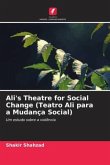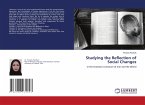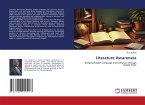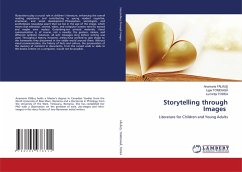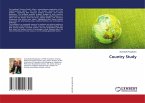This study explores Usman Ali's use of theatrical violence as a societal change catalyst. In a world marked by violence, Pakistani society grapples with deep-seated cultural and structural violence that impinges on basic rights and perpetuates suffering. Usman Ali, a notable Pakistani playwright, addresses these issues through his plays: The Guilt (2014a), The Last Metaphor (2014b), and The Odyssey (2016). Drawing on Johan Galtung's triangular syndrome of violence-direct, structural, cultural-and Edward Bond's theory of theatrical violence, this research examines the nature and function of violence in Ali's works. This study reveals that rooted in discrimination, injustice, nepotism, class consciousness, and misuse of power and ideology, the interconnected forms of violence create a vicious cycle, stripping characters of their rights and leading to their sufferings. However, Ali's portrayal of violence is not just to depict the bleakness but also to provoke thought and inspire social change. By placing audiences in extreme scenarios, Ali encourages self-reflection and realization of the potential for societal transformation.
Bitte wählen Sie Ihr Anliegen aus.
Rechnungen
Retourenschein anfordern
Bestellstatus
Storno




